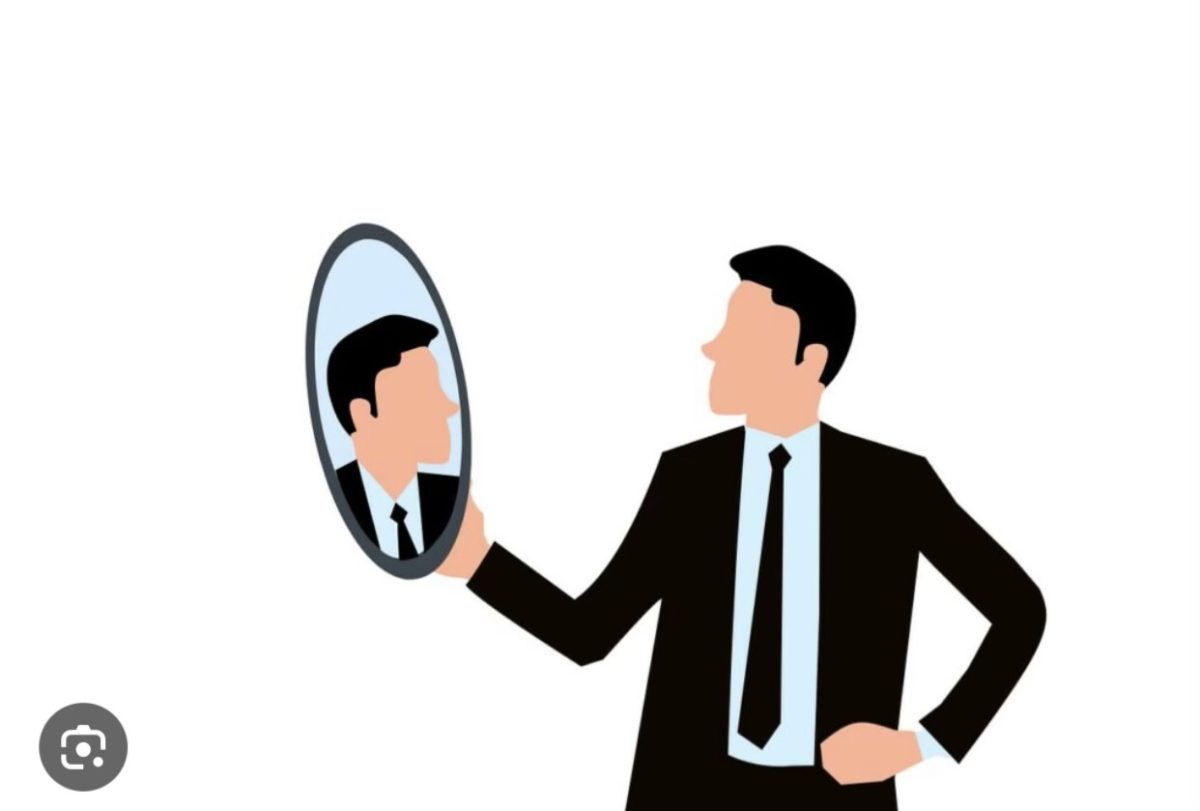Before I had heard anything on the Troy Davis case, my grandmother had given me an audiobook to listen to called “The Confession.” It is by John Grisham and it follows the case of a black man in Texas on death row.
In the book, the man was wrongfully accused of murder on virtually no evidence. His witnesses had admitted to lying, and the courts refused to accept an appeal. The character was put to death by lethal injection and proved innocent days later.
I read this book feeling so grateful that things like this were mere fiction. Then, the school year began and I was soon to find out it was playing out in real life.
On Sept. 21, 2011 Troy Anthony Davis was executed in the state of Georgia. The case began in August of 1989, before I was even born, when a Savannah police officer was shot and killed while on duty. It is written that Officer Mark MacPhail was attempting to break up an altercation between two men, Sylvester Coles and Davis. In August of 1991, with the backing of many witnesses, Davis was convicted and sentenced to death, though there was no physical evidence that tied Davis to the case.
Davis continued to fight for his innocence, backed by many supporters, until his denial of an appeal by the Supreme Court on March 28, 2011. He was killed by lethal injection at 11:08 p.m. After learning basically all I could about the case, the similarities were so various that I could not believe it.
As an African American male, I cannot help but look at how this case will affect the black community and to assume that he was executed due to racial profiling and Davis’ rocky legal past. Of course the black community rallied to Davis’ side in support and calls of injustice, but what about the subconscious?
I have a little brother who just turned 7 years old in July. He is at the age where he is consistently asking questions, touching things, talking to people and really exploring his world. He is at the age where he begins to dream about his future and what contributions he can make in this world. With a president of African descent, African Americans on television and the radio, a diverse and prosperous school district and a hard working family, I see no limits on what he can achieve. But then again, how do I explain this to him? How do I tell him that, according to hrw.com, black males are 8.2 times more likely to be incarcerated than whites during one life time? How do I tell him that the police may start following him around at night when he turns age 12 because he is a possible “danger” to the community? How do I tell him a black man was convicted and killed with no evidence? What do we tell all boys his age, and girls for that matter? After looking at it this way, I start to feel as if there are still limits, for him and for every young black male out there.
What are we supposed to say to our children to make them understand, and feel just as safe being who they are? What am I supposed to tell my sons, or my sons’ sons, who will all grow up to be black men? I want to know if fathers of other races have this same fear for their children’s safety and mental state.
What happened to Davis was the result of a flawed legal system and this could very well affect everyone. Anyone could be picked up off the street any day now and sentenced to die for something they did not do, “just because.”
It has been written, and said many times before, that it is so hard to be black and an American at the same time. As a member of a newer generation of black males, I have a trust in the political and legal systems of this country, a trust my father, grandfather and beyond do not have.
Now my trust has been tested and now I have a fear for the future of black men and men in general – not their actions, but the suppression of their surroundings and the human faults of those who represent, protect and judge them. At the root of the issues are problems with those we elect and laws we pass to govern us. I personally feel the death penalty is wrong, and after a man with so much doubt was executed, I am sure that a lot of others are also against it. If the laws are doing what they are supposed to do, racial profiling and discrimination will not even matter because the law will protect the innocent and punish the truly guilty. The main thing we can all do as Americans is exercise our right to vote for the policies we believe to be morally right.
TK Smith is a sophomore in the College of Arts and Sciences.










